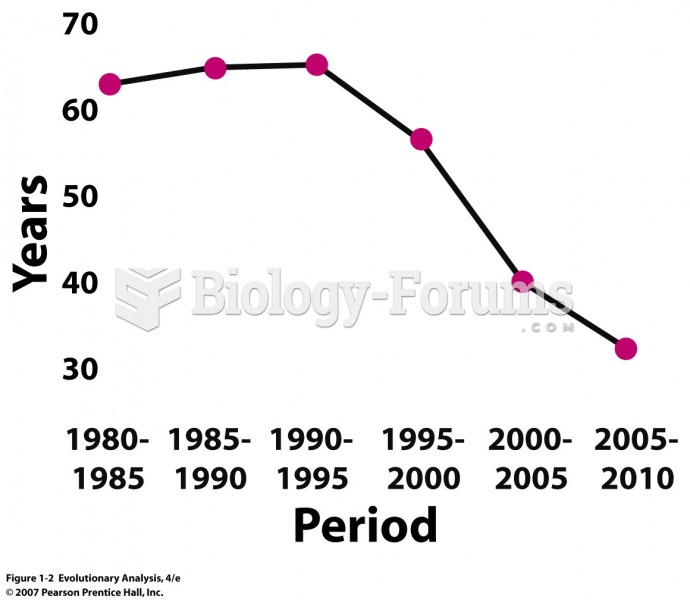Answer to Question 1
Usually attributed to researcher Victor Vroom, expectancy theory deals with the relationship among individual effort, individual performance, and individual reward. The key concept is that a worker will be motivated if he or she believes that effort will lead to performance, and performance will lead to a meaningful reward. The theory suggests that if any link (effort, performance, and reward) in the chain is broken, the employee will not be motivated.
Pioneered by J. Stacy Adams, equity theory proposes that perceptions of fairness directly impact worker motivation. The key idea is that people won't be motivated if they believe that the relationship between what they contribute and what they earn is different from the relationship between what others contribute and what others earn. For example, if you work ten-hour days, and earn less than the guy in the next cube who works seven-hour days, you'd probably think it was pretty unfair.
To restore a sense of balance, you might:
Demand a raise
Start working seven-hour days
Convince yourself that the other guy is about to be fired
Look for another job
The response to perceived inequity almost always involves trying to change the system, changing your own work habits, distorting your perceptions, or leaving the company.
However, equity theory is based on perceptions, which are not always on the mark. People are all too prone to overestimate their own contributions, which throws perceived equity out of balance. The best way to combat equity issues is through clear, open communication from management.
Answer to Question 2
Given the turbulence of today's business world, managers must draw on a staggering range of skills to do their jobs efficiently and effectively. Most of these abilities cluster into three broad categories: technical skills, human skills, and conceptual skills.
Technical skills refer to expertise in a specific functional area or department. They do not necessarily relate to technology. People can have technical skills, or specific expertise, in virtually any field, from sales, to copywriting, to accounting, to airplane repair, to computer programming.
Human skills refer to the ability to work with and through other people in a range of different relationships. They include communication, leadership, coaching, empathy, and team building. A manager with strong human skills can typically mobilize support for initiatives and find win-win solutions for conflicts.
Conceptual skills refer to the ability to grasp a big picture view of the overall organization and the relationship between its various parts. They also help managers understand how their company fits into the broader competitive environment. Managers with strong conceptual skills typically excel at strategic planning.







